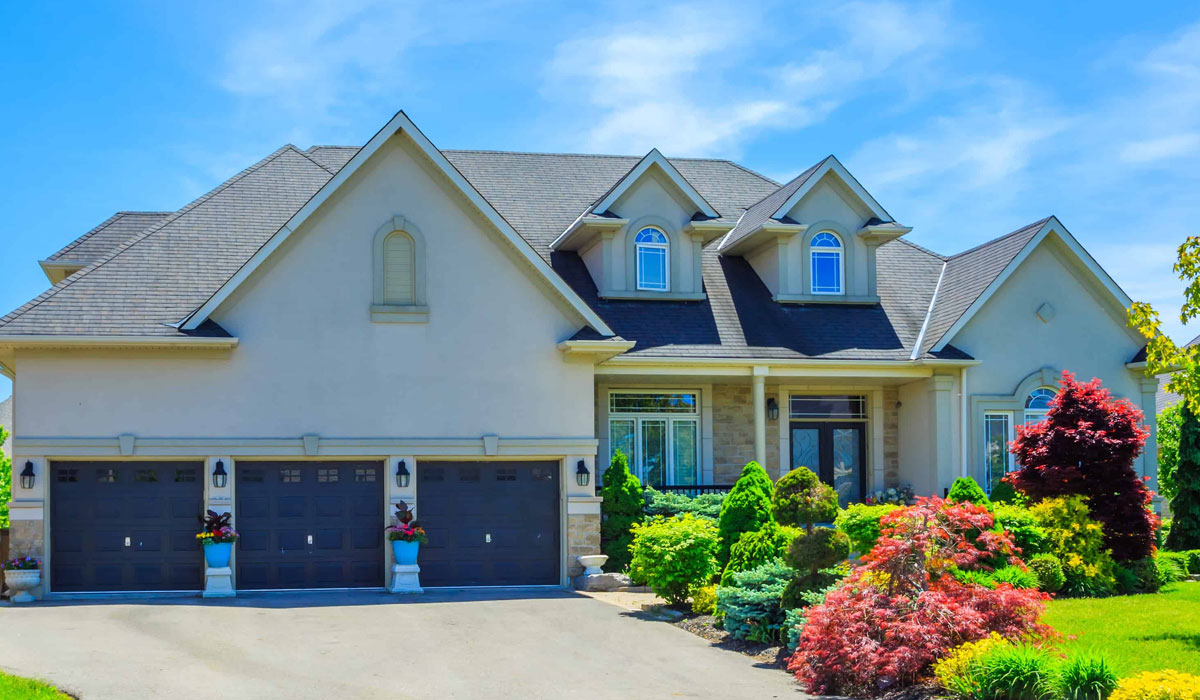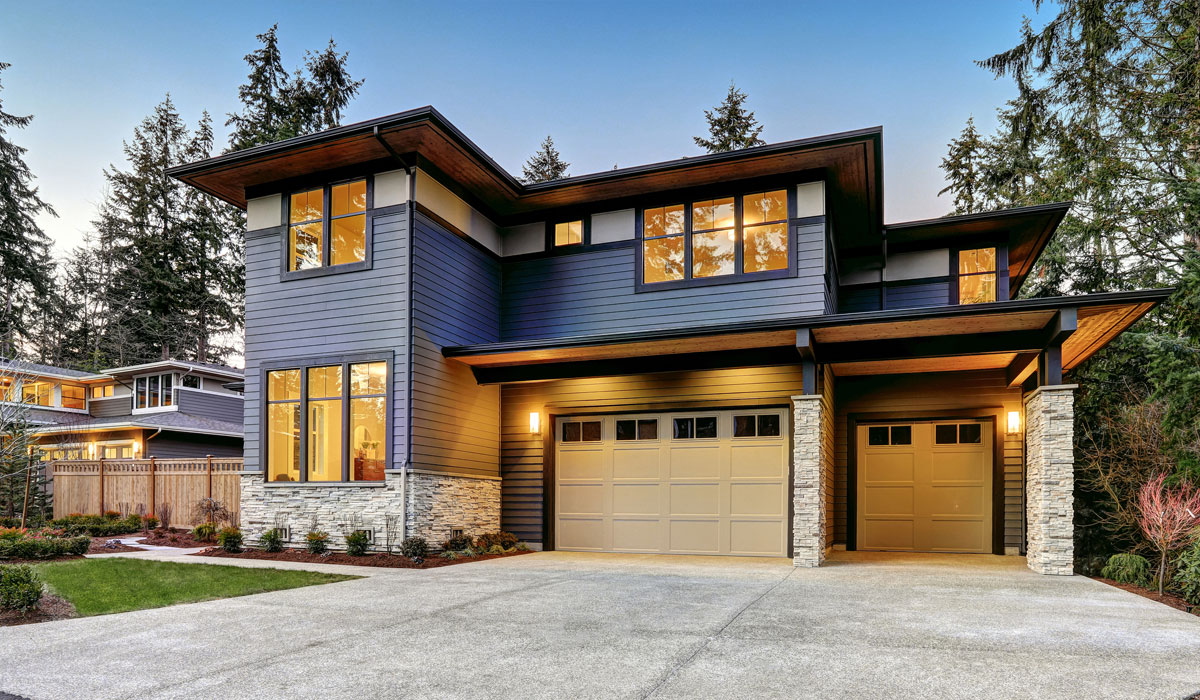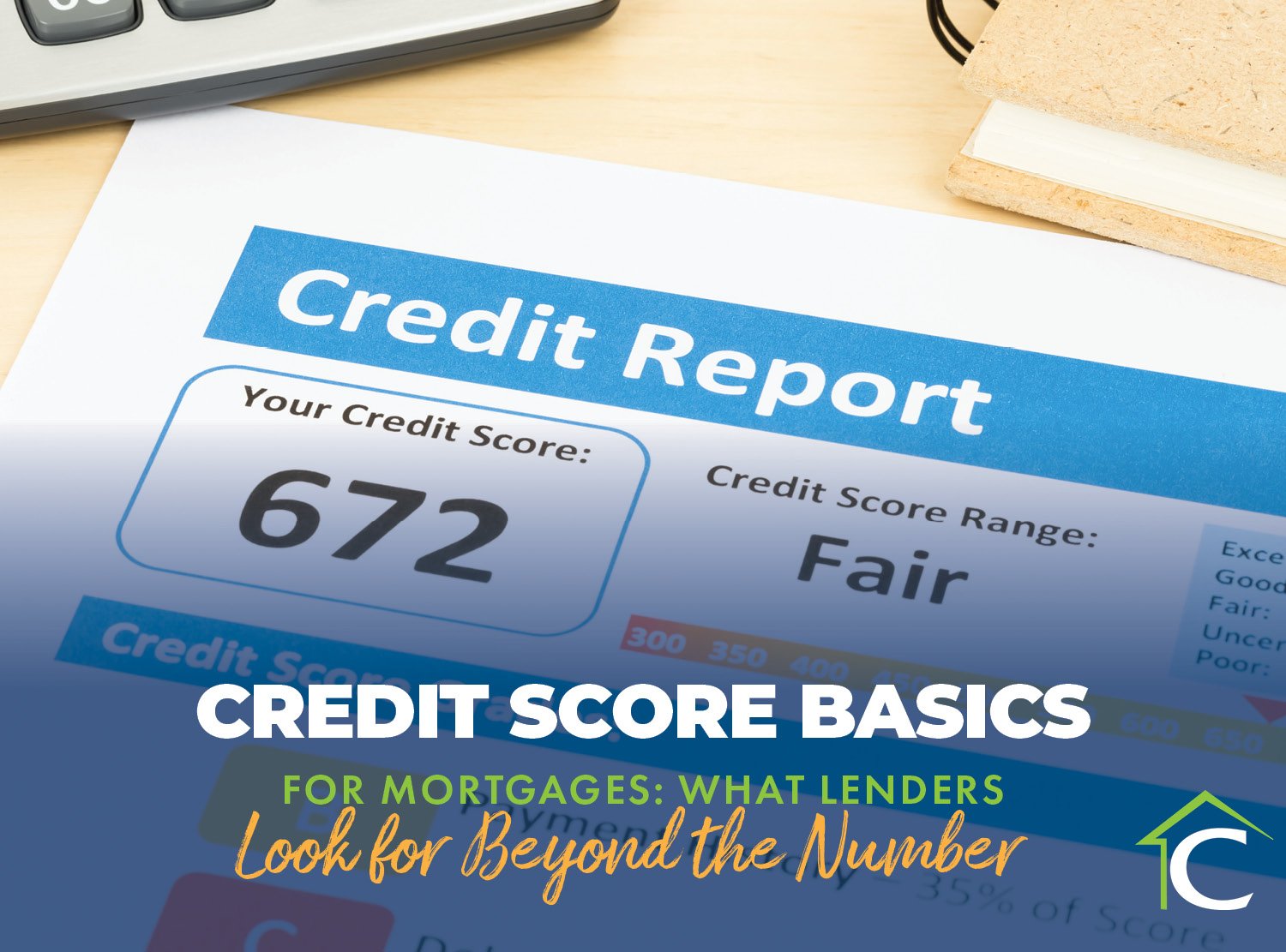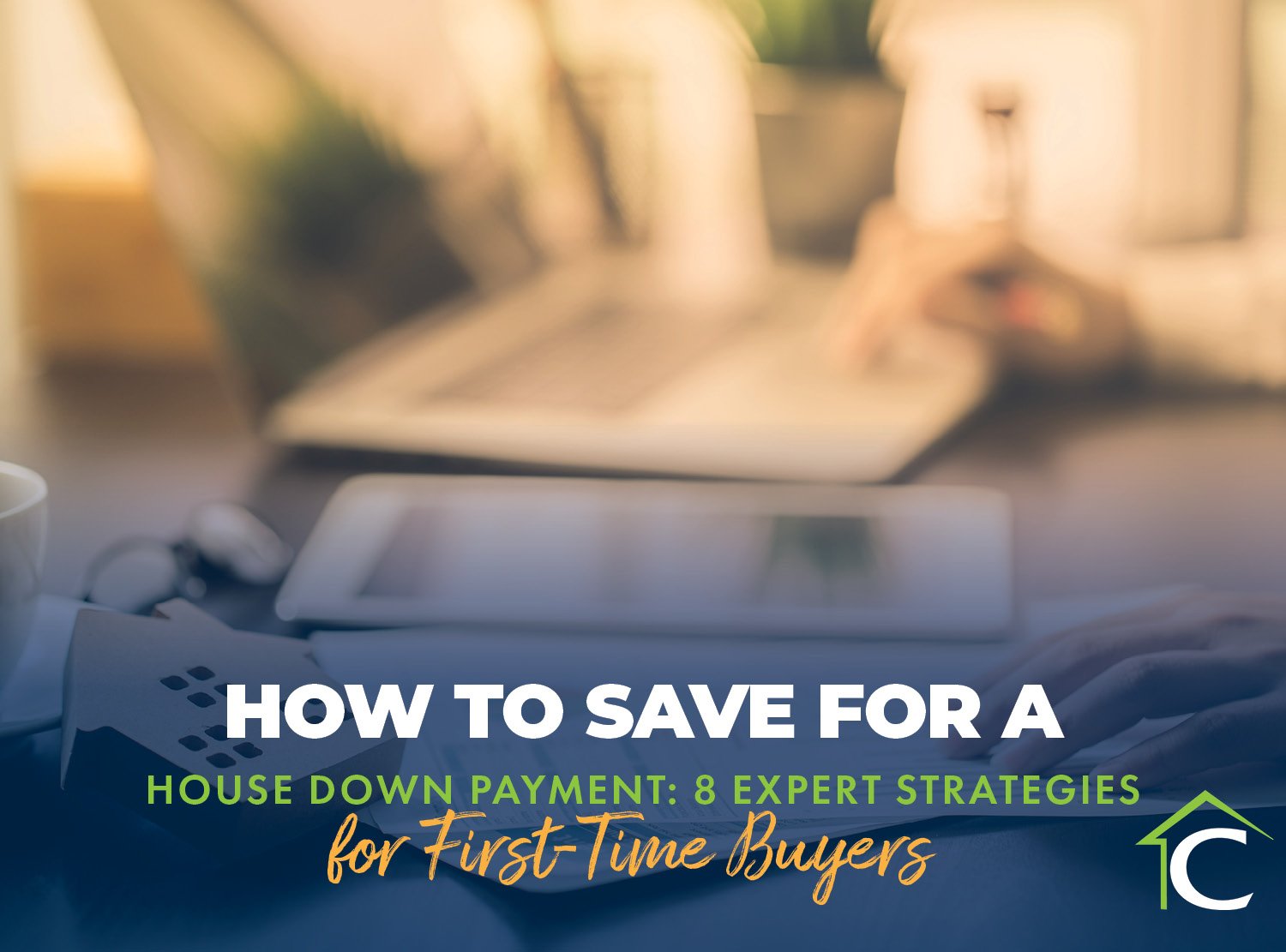
Buyers seeking to purchase a home that’s beyond the financial reach of a traditional mortgage should consider a Jumbo Loan.
Jumbo Loans are non-conforming. This means that they are types of loans that cannot be purchased by Fannie Mae or Freddie Mac, agencies that were established to help low-to-moderate income buyers purchase homes. To make sure the agency’s funds were being used for that purpose—not to help wealthy buyers—they established loan limits based on median home prices.
Home buyers with their sights set on a property that’s approaching a half-a-million dollars or more—and don’t have that kind of cash in the bank—are going to need a Jumbo Loan. These types of loans are designed to finance homes in competitive real estate markets and generally luxury properties. Jumbo Loans include underwriting requirements and tax implications that are unique to the home-buying market.
In most areas, any mortgage worth more than $484,350 counts as a jumbo loan. The limit varies based on county though, and some high-cost areas like New York City or Hawaii have a higher limit of $726,525.


Unsurprisingly, you must be in excellent financial standing to qualify for a jumbo loan. Usually a credit score of more than 700 is required, and you must show you have sufficient income via tax forms, bank account information, and pay stubs. A solid debt-to-income (DTI) ratio is also required, typically under 43%.
Even if your home doesn’t qualify for the maximum traditional loan, you can still get a great mortgage with competitive rates. If you’re shopping for a luxury home, we can help. Contact us today to get pre-qualified and get started making your dream home a reality.

What credit score do you need to buy a house? Learn how mortgage lenders evaluate your credit report, scoring models, payment patterns, and approval factors.
Read More
Struggling to save for a down payment? Learn 8 proven strategies from mortgage experts to build your home fund faster. Calculate what you need and start today.
Read More
Learn how to buy a home with student loan debt in 2026. Get proven strategies to improve your DTI, boost credit scores, and qualify for a mortgage with expert guidance.
Read More
Discover the top 10 must-try brunch spots in Nassau County, offering a variety of delicious dishes and unique dining experiences for every brunch lover.
Read More